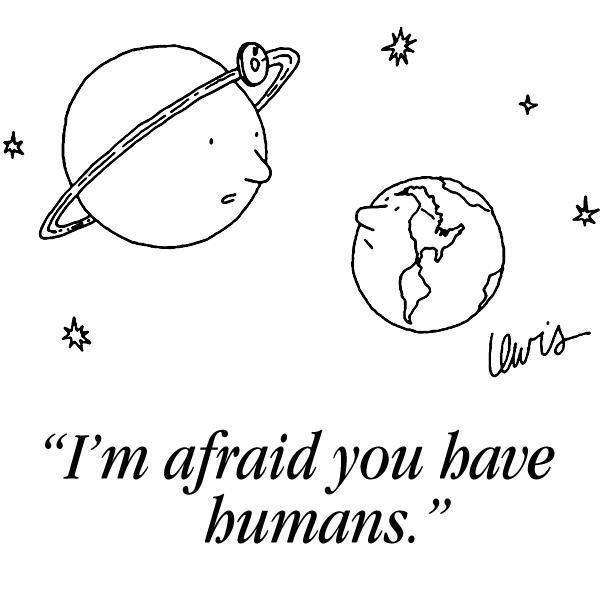This is the number one book I recommend to all people in my life, especially my friends and colleagues who work with other human beings, which, of course, we all do as facilitators.
I have a background in social work, the terms “self-care” and “vicarious trauma” are very familiar to me. Unfortunately, these terms often become buzzwords that lack concrete skills for how to address them.
As someone who has spent the majority of my professional career working with those affected by trauma, I thought I had a good handle on how my work affected me. It wasn’t until I read this book that I had a true understanding of the smaller, more nuanced ways trauma impacts my everyday life.
Now, I know what you’re going say, “I’m not affected by the work I’m doing. I’m not traumatized.” OR you’re saying “OMG, yes, I’m so burnt out. I need help.”
What I can tell you is most of us are affected by the pain and hardship of those we serve, care for, or facilitate. It can be really helpful to have someone validate our experiences of what Lipsky calls “trauma exposure response.” Things like avoidance (intentionally leaving your voice mailbox full), minimizing (having thoughts like “at least I didn’t… get shot, lose my parent, experience a natural disaster, etc”), or diminished creativity (not having enough mental or physical energy at the end of the day to do the things you enjoy).
Though the Five Directions Model, Lipsky lays out five distinct areas we can use to continuously assess how we are doing and what we need. The Five Directions are:
- Creating Space for Inquiry
- Choosing Our Focus
- Building Compassion and Community
- Finding Balance
- A Daily Practice of Centering Myself
Within each direction, Lipsky lays out specific strategies and questions for self-reflection.

Favorite Things about this Book
Lipsky lays out concrete approaches for how to cope with the effects of working with those affected by trauma.
Lipsky doesn’t limit her wisdom to one type of profession. She includes discussions and stories of the work of social workers, biologists, nurses, etc.
She approaches what can be a really painful topic for many people with true compassion and humor. There are literally comics littered throughout the book that relate to the content.
Quotes for Inspiration
“By developing the deep sense of awareness needed to care for ourselves while caring for others and the world around us, we can greatly enhance our potential to work for change, ethically and with integrity for generations to come.”
I Recommend This Book For…
- Literally any human person who lives in this world
- Times when you need to re-center yourself and ensure you are doing your work with integrity
- Skills and strategies to strengthen or deep your current self-care strategies

